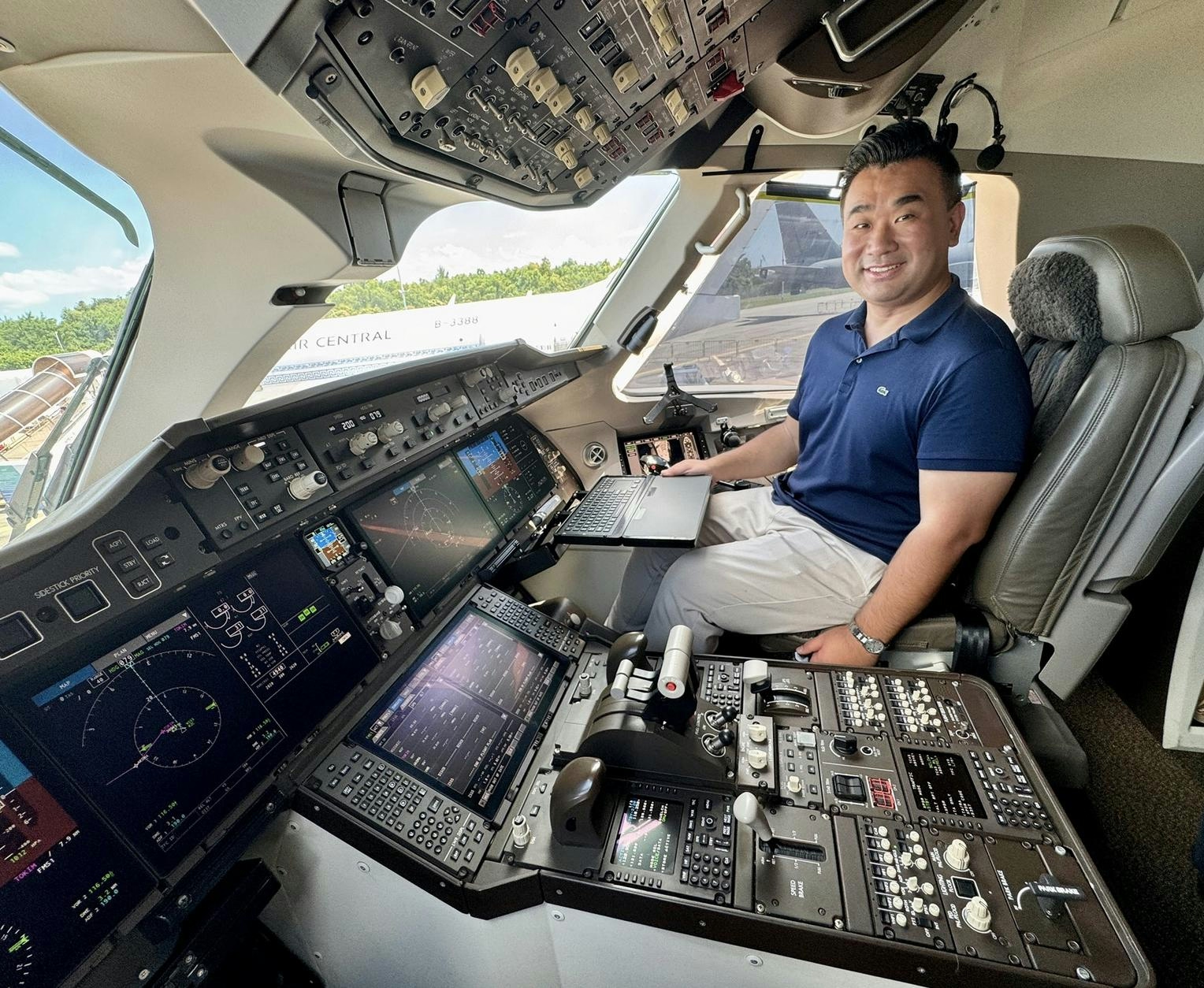AeroGenie — Seu Copiloto Inteligente.
Tendências
Categories
How China Is Reshaping the Aviation Supply Chain

How China Is Reshaping the Aviation Supply Chain
China’s ambitions in the aviation sector have traditionally focused on developing indigenous airliners. However, recent advancements reveal a broader strategy aimed at transforming the entire aviation supply chain. Beijing is intensifying efforts to reduce dependence on foreign components, bridge technological gaps, and establish itself as a dominant player in global civil aviation.
Advancements in Engine Development and Supply Chain Control
A key project emblematic of China’s progress is the CJ-1000A, a domestically produced large commercial jet engine designed for the Commercial Aircraft Corporation of China’s (Comac) C919. This aircraft is positioned as a direct competitor to Boeing’s 737 and Airbus’s A320. In a rare public statement, Zhang Yanzhong of the Chinese Academy of Engineering confirmed to state broadcaster CCTV that the CJ-1000A’s development is proceeding according to schedule. The Aero Engine Corporation of China (AECC), responsible for the engine’s development, asserts that the CJ-1000A will match the performance of CFM International’s LEAP-1C engine, which currently powers C919s in commercial service. The successful deployment of this engine would represent a significant milestone in China’s pursuit of aviation self-sufficiency.
China’s ambitions extend well beyond engine manufacturing. The country is actively consolidating control over critical minerals and specialized technologies essential to the aviation industry. Recent government commitments to crack down on illicit rare earth exports and dominate markets for specialized semiconductors, such as field-programmable gate arrays (FPGAs), reflect a comprehensive strategy to mitigate vulnerabilities and enhance leverage in key sectors. These measures have already disrupted supply chains for international defense contractors, including Leonardo DRS, which depend heavily on Chinese-sourced minerals.
Global Responses and Market Implications
The evolving landscape has elicited varied reactions from global competitors and governments. The United States government, for instance, has cautioned against imposing outright bans on American companies using Chinese suppliers, recognizing the complexities involved in balancing competitive advantage with risk management. This nuanced stance underscores the intricate interdependencies that characterize the modern aviation industry.
Meanwhile, Comac is aggressively positioning itself as a credible challenger to established aerospace giants Boeing and Airbus. The C919, China’s flagship narrowbody jet, aims to capture a substantial share of the domestic market. Nevertheless, the aircraft continues to face significant challenges in obtaining international certification, which may constrain its global expansion in the near term.
China’s determined push to localize production and assert control over critical supply chain components is fundamentally altering the competitive dynamics of the aviation industry. As Beijing continues to invest heavily in indigenous technologies and tighten its hold on strategic resources, the global aviation supply chain is entering a phase marked by intensified competition and uncertainty. The trajectory of these developments will not only shape China’s role within the sector but also has the potential to redefine market dynamics for years ahead.

Emirates Unveils Cabin Design for New Boeing 777X

Eighteen Years On, the Airbus A380 Remains Central to a $34 Billion Airline

How a boom in luxury airline seats is slowing down jet deliveries

Navitaire Outage Attributed to Planned Maintenance

DigiYatra Debuts Outside Aviation at India AI Impact Summit

Vietnam Orders Strengthen Boeing’s Commercial Outlook

Airbus Signals Uncertainty Over Future A400M Orders

JobsOhio Awards $2 Million Grant to Hartzell Propeller for Innovation Center

Collins Aerospace Tests Sidekick Autonomy Software on YFQ-42A for U.S. Air Force CCA Program

How the Airbus A350-1000 Compares to the Boeing 777
